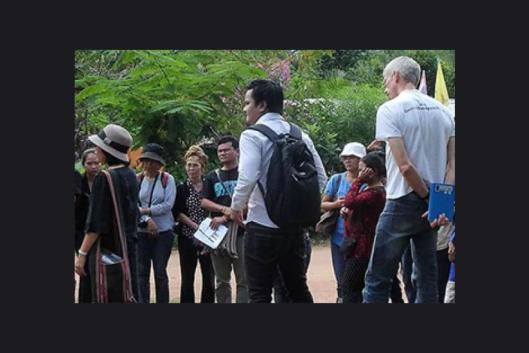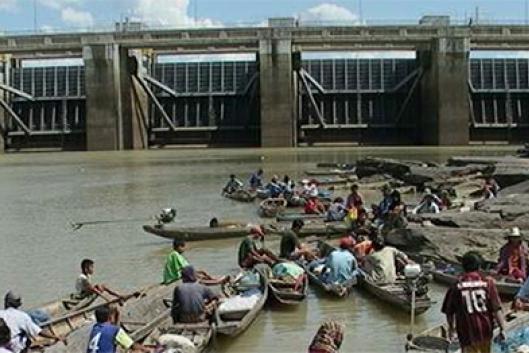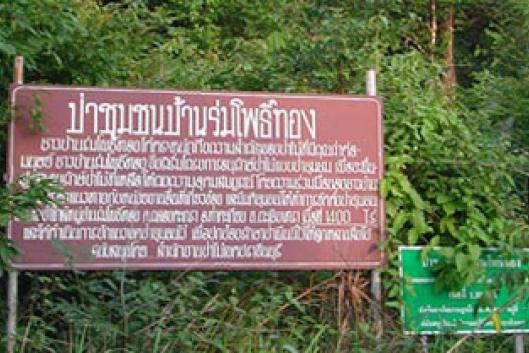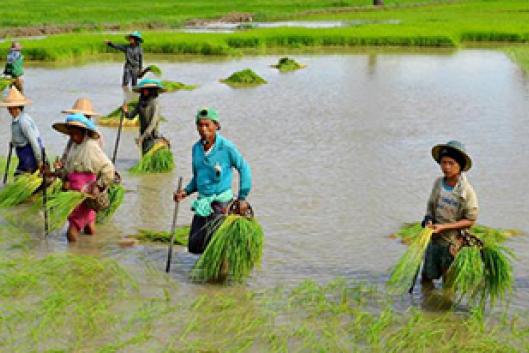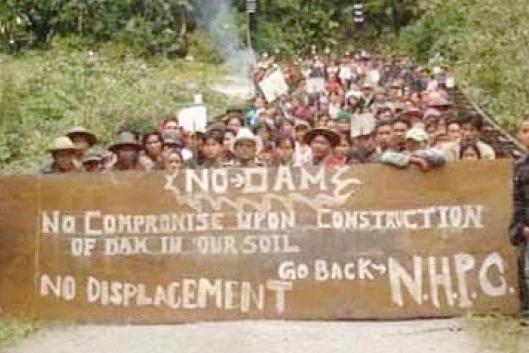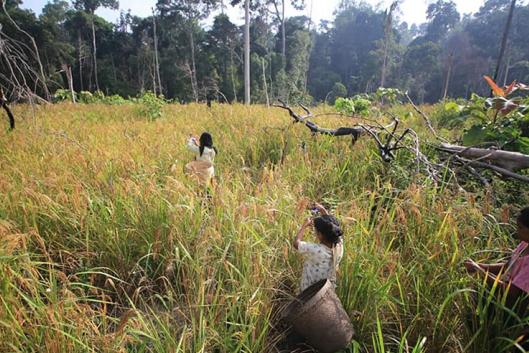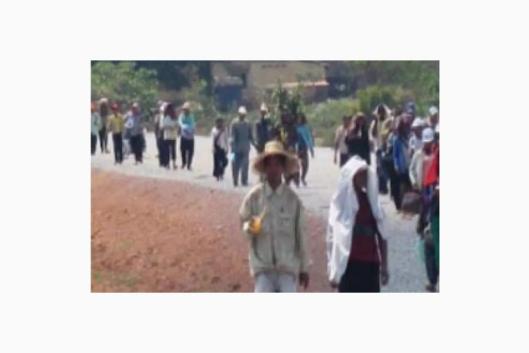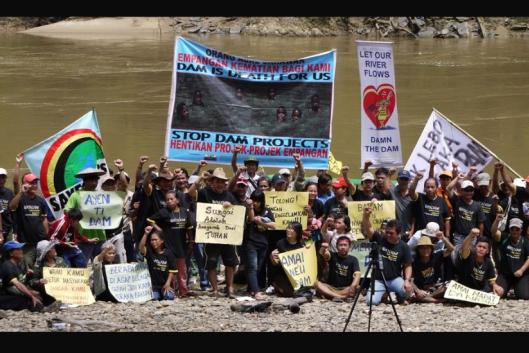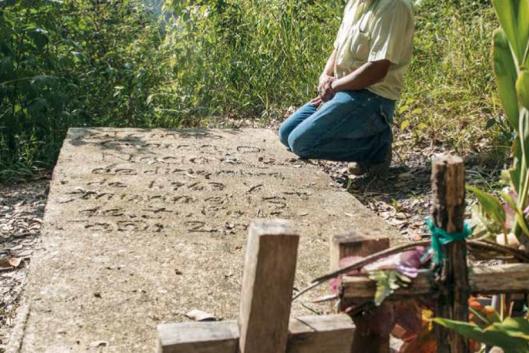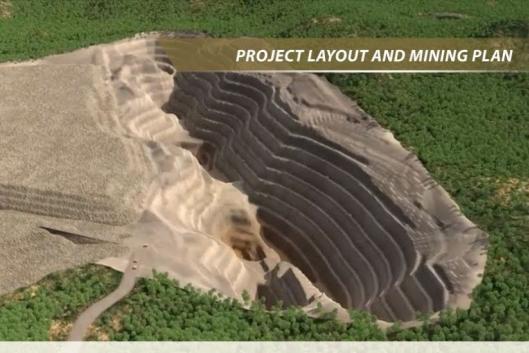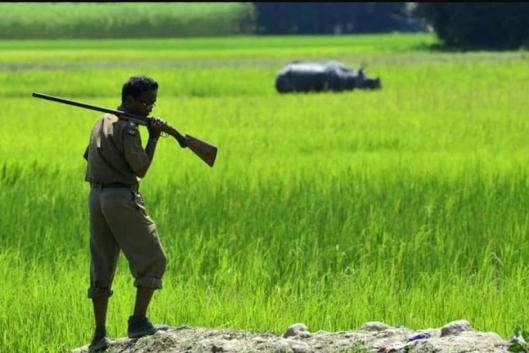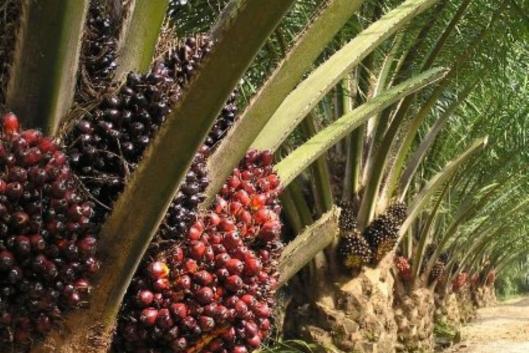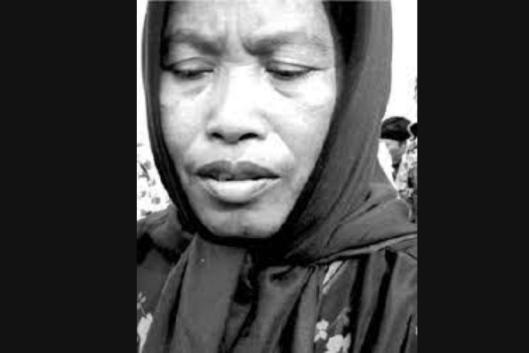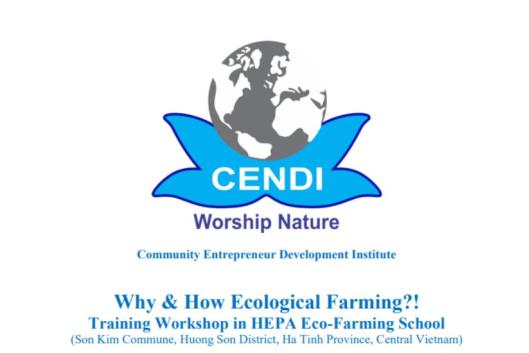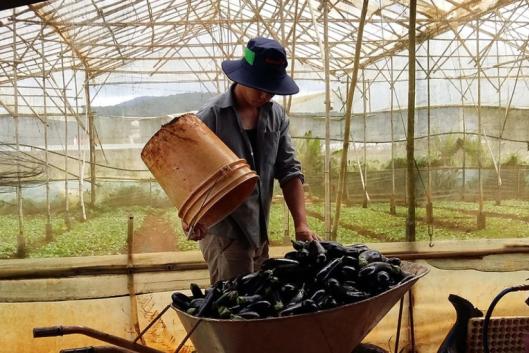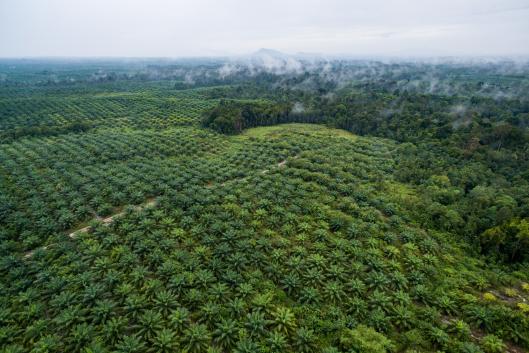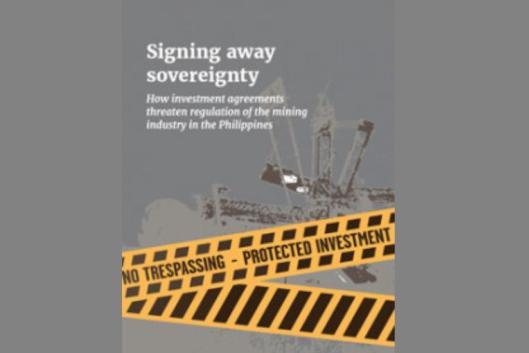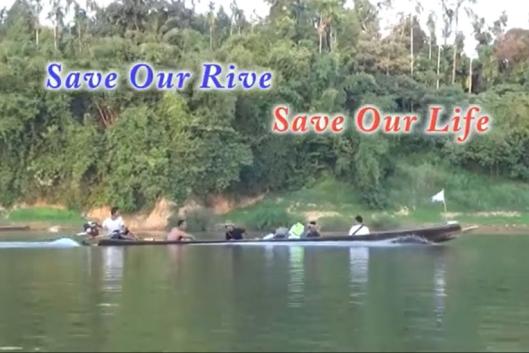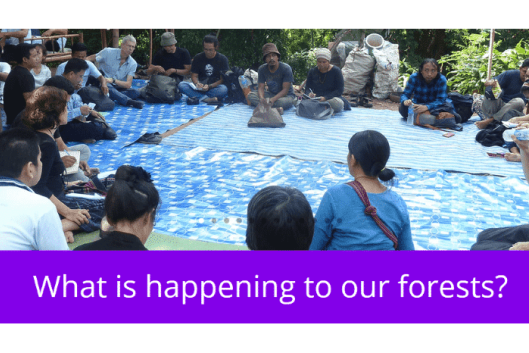This is the third regional bulletin of the World Rainforest Movement in the past 10 months. The first regional issue (WRM Bulletin 224) looks at what is driving land grabbing in the Congo Basin region in Africa. The second regional bulletin, issue 226, is dedicated to how peoples resist a colonial past that persists through imposition and violence across Middle America. In this issue, the focus is on the region commonly referred to as Southeast Asia.
Bulletin Issue 229 – February/March 2017 (Also available in Thai, Bahasa, Burmese and Khmer)
Southeast Asia: connecting people resisting large-scale investments and conservation initiatives
Download here the full bulletin as pdf
ฉบับที่ 229 - กุมภาพันธ์ / มีนาคม 2560
Nomor 229 – Februari / Maret 2017
WRM Bulletin
229
February/March 2017 (Also available in Thai, Bahasa, Burmese and Khmer)
OUR VIEWPOINT
SOUTHEAST ASIA: CONNECTING PEOPLE RESISTING LARGE-SCALE INVESTMENTS AND CONSERVATION INITIATIVES
-
4 April 2017Thailand's modern forest politics has had many phases. In the 19th century, the British began logging the country for teak. In the 20th century, other commercial loggers eventually took over. State agencies anxious to deny the forest to insurgent movements meanwhile promoted commercial agriculture and hydroelectric dams as well as timber extraction. In 1989, with the country's once-vast forests severely depleted, logging was officially banned. In the ensuing era of increased emphasis on “forest conservation” and “reforestation”, however, the country's forest area has continued to decline, and conflicts have increased between the government and local people.
-
4 April 2017The region typically known as “India’s North East” or also referred to as just “North East” is linked tenuously with mainland India by a roughly 20 kilometer-wide land bridge, and surrounded by Nepal, Bhutan, China, Myanmar and Bangladesh. There are over 200 indigenous and tribal communities living in this region, most of whom share similarities in culture, food, clothing, economy and polity, and evolved diverse laws and institutions specific to each tribe.
-
4 April 2017The Pheapimex group is well known in Cambodia and abroad for large-scale investment deals that permit it unconstrained access to forests, land and water, and for its owners, who have been referred to as the “power couple” because of their political and financial clout. (1) The article below, first published in the WRM Bulletin in 2013, describes the Pheapimex Economic Land Concession (ELC) spread over Pursat and Kampong Chhnang provinces. The concession achieved notoriety for its massive size, ecological destruction and conflicts with local communities over farm, grazing and forest lands, and water sources.
PEOPLES IN ACTION
-
6 April 2017More than 120 people have been killed in Honduras since 2009 for standing up to companies that grab land and destroy forests, a January 2017 report published by Global Witness shows. The report pays tribute to human rights defender Berta Cáceres who was murdered on 2 March 2016 when armed men broke into her home in the middle of the night and killed her. Berta Cáceres mobilized against the Agua Zarca hydro dam on her community’s land in Intibucá, western Honduras, which threatened a vital and sacred water source for the indigenous Lenca people. The report is available at:
-
6 April 2017If the project goes ahead, the Montagne d'Or project, scheduled to start mining in 2018, would become the largest gold mine on French soil. Not only will it have serious human and environmental impacts, it will also open the floodgates for other mining multinationals in French Guyana, and expand mining exclusively for the luxury jewellery market. Industrial demand for gold accounts for only 8 percent of gold currently mined. The recycling sector supplied three times that amount in 2015. More information on this struggle against mining in French Guyana (in French) at:
-
6 April 2017Across the world, indigenous peoples face arrests, harassment, torture and death in the name of nature conservation. The Kaziranga National Park in India is but one infamous example of this inhumane tendency. Fifty people have been extrajudicially executed by park guards at the infamous “shoot-to-kill” national park in the last three years. Tribal people face being shot, beaten, tortured and killed at the hands of heavily armed park officials. Last year guards shot a 7 year-old boy who is now maimed for life. This violence is being done in the name of conservation.
-
6 April 2017On 21 March 2017, Malaysian NGOs The Consumers’ Association of Penang (CAP) and Sahabat Alam Malaysia (SAM) joined worldwide action against the UN Food and Agriculture Organisation's (FAO) forest definition. About 200 groups have renewed the call for the FAO to amend its misleading definition of forests which has allowed industrial tree plantations to expand. The letter called on the FAO to cease recognising plantations as forests, as provided for in the definition because this has allowed the plantations industry to hide devastating ecological and social impacts of large-scale monoculture tree plantations behind a positive image that forests enjoy in public perception.
-
4 April 2017In Indonesia, resistance against the cement production complex of the Indonesian company Semen Indonesia which willl destroy the Kendeng karst forest area in uphill Java, has been growing. Patmi, a woman from one of the villages in the district of Tambakromo traveled to the capital Jakarta to join protests against the forest destruction for the cement production. She died on March 21st, possibly of a heart attack, after days of sit-in protest in front of the Presidential Palace in Jakarta. More and more activists in Jakarta and other major cities in the country cast their feet in cement and staged similar sit-ins, in solidarity with Patmi and the Kendeng people.
RECOMMENDED
-
6 April 2017The report describes how farming systems rooted in the cultures, customary laws and place-bound experience of peasant farming gathered over many generations differ from the agro-industrial farming exposed in several of the articles of this bulletin as land grabbing and a threat to forests and forest peoples in the Mekong region (and beyond). The report (in English) is available at: http://cendiglobal.org/upload/medias/why-and-how-ecological-farming.pdf
-
6 April 2017The world's largest agribusiness corporations are rolling out a public-private partnership programme to take control of food and farming in the Global South. The programme is called Grow, and it is part of the "New Vision for Agriculture", an initiative of the World Economic Forum (WEF) that was launched in 2009 and is led by 31 of the WEF's "partner" companies involved in the food business. Ninety per cent of these companies are based in the US and Europe, and none of them are from China, Brazil, Japan, Korea, Thailand or South Africa.
-
6 April 2017SwissInfo in conversation with Kartini Samon from GRAIN on the impacts of industrial oil palm production on communities and on the role of Swiss banks in financing land grabbing by funding expansion of oil palm plantations in Indonesia. The Interview (in French) is available at: http://www.swissinfo.ch/fre/accaparement-des-terres_-il-n-existe-pas-de-production-d-huile-de-palme-industrielle-durable-/43009936
-
6 April 2017In the last decade, the Philippines has bet heavily on the mining industry, with 47 large-scale mines in operation and growing evidence of their social and environmental costs. The briefing argues that the country’s ability to properly regulate or close polluting mines will be severely constrained by a network of investment treaties the Philippines has signed, which provide excessive protection for foreign investors. This legal straitjacket will become still tighter if the government goes ahead with the EU–Philippines Free Trade Agreement and the Regional Comprehensive Economic Partnership (RCEP).
-
6 April 2017"Water is life. If we don't protect the Tanintharyi River, the lives and livelihood of local villagers who depend on the river will be destroyed", a local villager from the Tanintharyi River basin says in the introduction to the film. "We must prevent the destruction of the river for the sake of future generations. We gather here to show our disagreement with gold mining in the Tanintharyi River", he explains. The video documents a joint Buddhist-Christian prayer service organized by local people from the Tanintharyi River basin to show their opposition to the mechanized gold mining operations recently started by the Shwe Tun Pauk Company in the Tanintharyi River in Myanmar.
-
6 April 2017From 21-25 November 2016, about 50 people, involved in struggles to defend the territories, forests and livelihoods of forest-dependent communities, came together in Thailand for a field visit to the Northeast of the country, followed by a 3-day meeting in Bangkok. Besides a delegation from Thailand, other participants came from Myanmar, Cambodia, Vietnam, the Philippines, Indonesia, Malaysia and India. The aims of the gathering, which focused on the central question of ´What´s happening to our forests? ´, included promoting exchange and dialogue on old and new threats and challenges faced by communities in the different countries.
